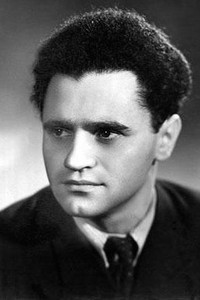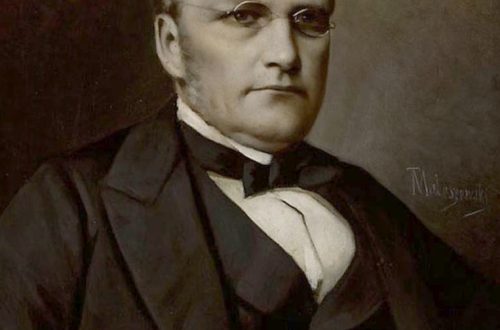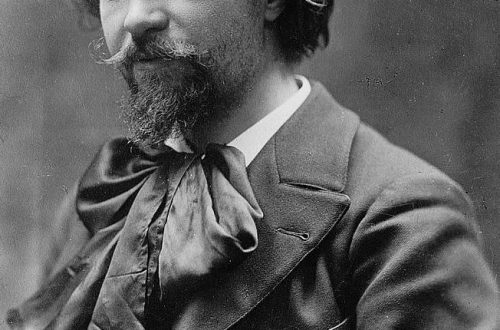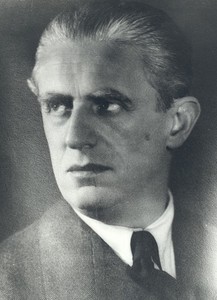
Veniamin Efimovich Basner |
Veniamin Basner

Basner belongs to the post-war generation of Soviet composers, lived and worked in Leningrad. The range of his creative interests is wide: operetta, ballet, symphony, chamber-instrumental and vocal compositions, film music, songs, plays for variety orchestra. The composer felt confident both in the sphere of heroic-romantic and lyrical-psychological images, he was close to refined contemplation, and open emotionality, as well as humor and character.
Veniamin Efimovich Basner was born on January 1, 1925 in Yaroslavl, where he graduated from a seven-year music school and a music school in the violin class. War and service in the Soviet Army interrupted his musical education. After the war, Basner graduated from the Leningrad Conservatory as a violinist (1949). While studying at the conservatory, he became seriously interested in composing and regularly attended the composer class of D. D. Shostakovich.
The first creative success came to Basner in 1955. His Second Quartet received an award at an international competition in Warsaw, held as part of the 1958th World Festival of Democratic Youth. The composer owns five quartets, a symphony (1966), a Violin Concerto (1963), an oratorio “Spring. Songs. Unrest” to the verses of L. Martynov (XNUMX).
V. Basner is a major film composer. More than fifty films were created with his participation, including: “The Immortal Garrison”, “The Fate of a Man”, “Midshipman Panin”, “Battle on the Road”, “Striped Flight”, “Native Blood”, “Silence”, “They Call, open the door”, “Shield and Sword”, “On the way to Berlin”, “The Wagtail Army is back in action”, “Ambassador of the Soviet Union”, “Red Square”, “World Guy”. Many pages of Basner’s film music have found an independent life on the concert stage and are heard on the radio. Widely popular are his songs “At the Nameless Height” from the film “Silence”, “Where the Motherland Begins” from the film “Shield and Sword”, “Birch sap” from the film “World Guy”, Mexican dance from the film “Native Blood”.
On the stages of many theaters in the country, Basner’s ballet The Three Musketeers (an ironic version of the novel by A. Dumas) was successfully performed. The music of the ballet is marked by mastery of orchestration, cheerfulness and wit. Each of the main characters is endowed with a well-marked musical characteristic. The theme of the “group portrait” of the three musketeers runs through the entire performance. Three operettas based on a libretto by E. Galperina and Y. Annenkov—Polar Star (1966), A Heroine Wanted (1968) and Southern Cross (1970)—made Basner one of the most “repertoire” operetta authors.
“These are not operettas with “numbers”, but truly musical stage works, marked by the intensity of thematic development and careful elaboration of details. Basner’s music captivates with the richness of melodies, rhythmic variety, colorful harmonies and brilliant orchestration. Vocal melody is distinguished by captivating sincerity, the ability to find intonations that feel like truly modern. Thanks to this, even the traditional forms of operetta receive a kind of refraction in Basner’s work. (Beletsky I. Veniamin Basner. Monographic essay. L. – M., “Soviet composer”, 1972.).
V. E. Basner died on September 3, 1996 in the village of Repino near St. Petersburg.
L. Mikheeva, A. Orelovich





